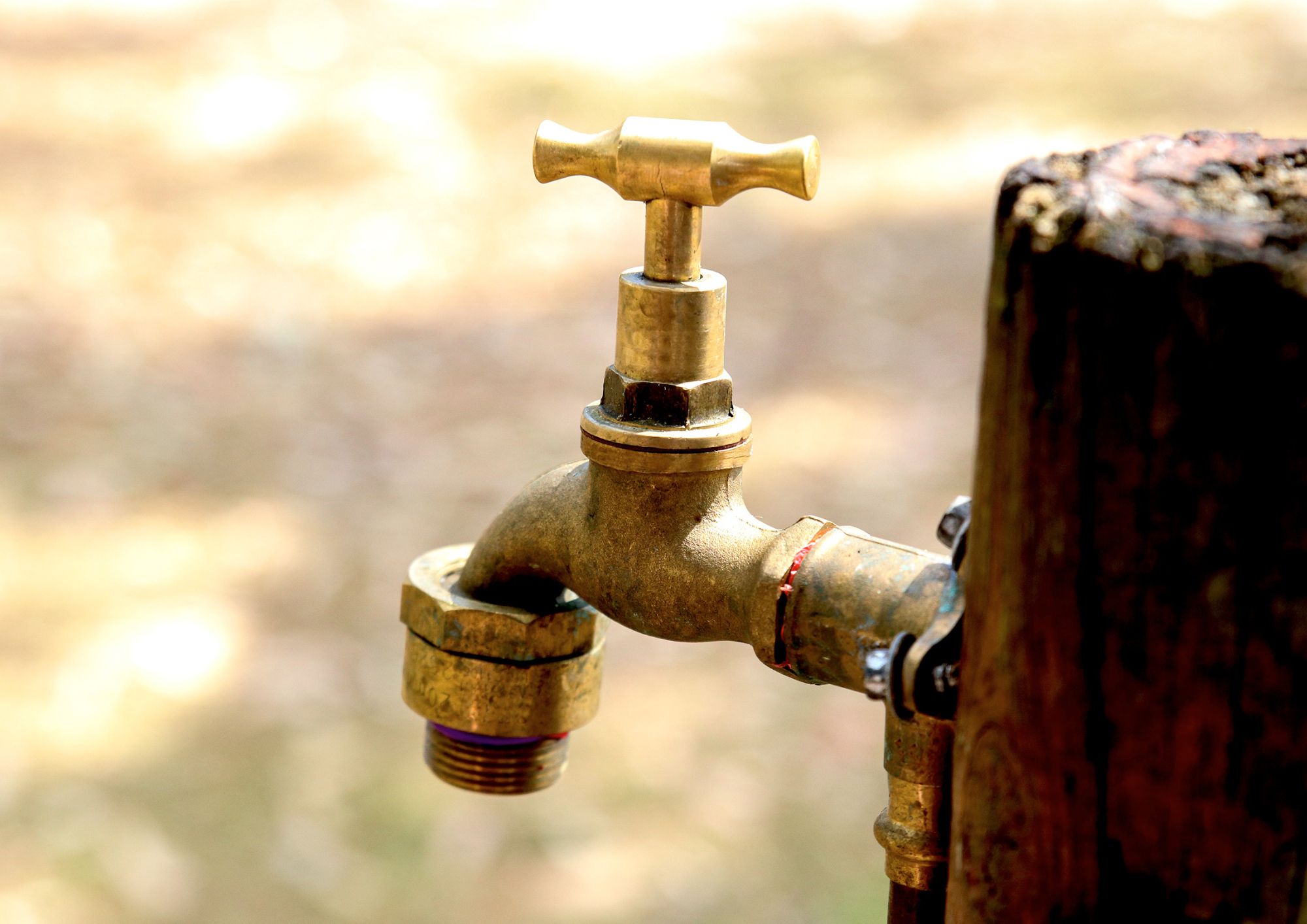ISLAMABAD, PAKISTAN— Ahmed Irfan Aslam, Minister of Water Resources highlighted the need for unveiling one of the leading problems in Pakistan, water scarcity. As Pakistan steers its route to development, the nation wrestles with environmental, social and governance challenges. Amongst the challenges like climate change, waste management, deforestation, child labor, gender inequality, corruption and illiteracy, water scarcity takes the lead.
Urbanization and population growth endanger Pakistan’s water resources. Pakistan’s population has been rapidly increasing, putting pressure on water resources. More people mean greater demand for water for domestic, agricultural, and industrial purposes hence aggravating scarcity issues. Water pollution from industrial emissions contaminates water and is unfit for consumption. Polluted water not only reduces the available freshwater but is also a source of serious health risks to the population.
The minister for water resources, Ahmed Irfan Aslam said, “Pakistan’s water resources are under severe stress due to the ongoing climate change. Pakistan is presently categorized as a water-stressed country, with per capita water availability below 1000 cubic meters as compared to 5650 cubic meters at the time of independence.” He further stated that “Immediate actions need to be comprehended in order to manage water.” He put forward his views at the meeting with the president of the International Association for Hydro-Environment Engineering and Research.
Agricultural land is the largest user of freshwater in Pakistan. Inefficient water management practices, including outdated infrastructure for water storage, distribution, and irrigation, largely contribute to water scarcity. Experts have warned that if the consumption of water continues, Pakistan will face a severe shortage of water by 2025. Floods and droughts are the main culprits in the sudden climate change in Pakistan.
Lack of awareness and education among the masses plays a pivotal role in wasting water unnecessarily and not managing it. The general population is unaware of the water crisis, its conversation practices and the importance of preserving water for future use. Educational initiatives are much needed to promote water management.
Addressing water scarcity in Pakistan requires an intellectual as well as a promising approach, solutions like, extensive water management practices, investments in infrastructure, construction of dams, efficient irrigation techniques to save agricultural lands and international cooperation to manage cross-border water resources effectively should be on top of the list. With Pakistan addressing other concerns first, the main challenge, water scarcity is being ignored.















